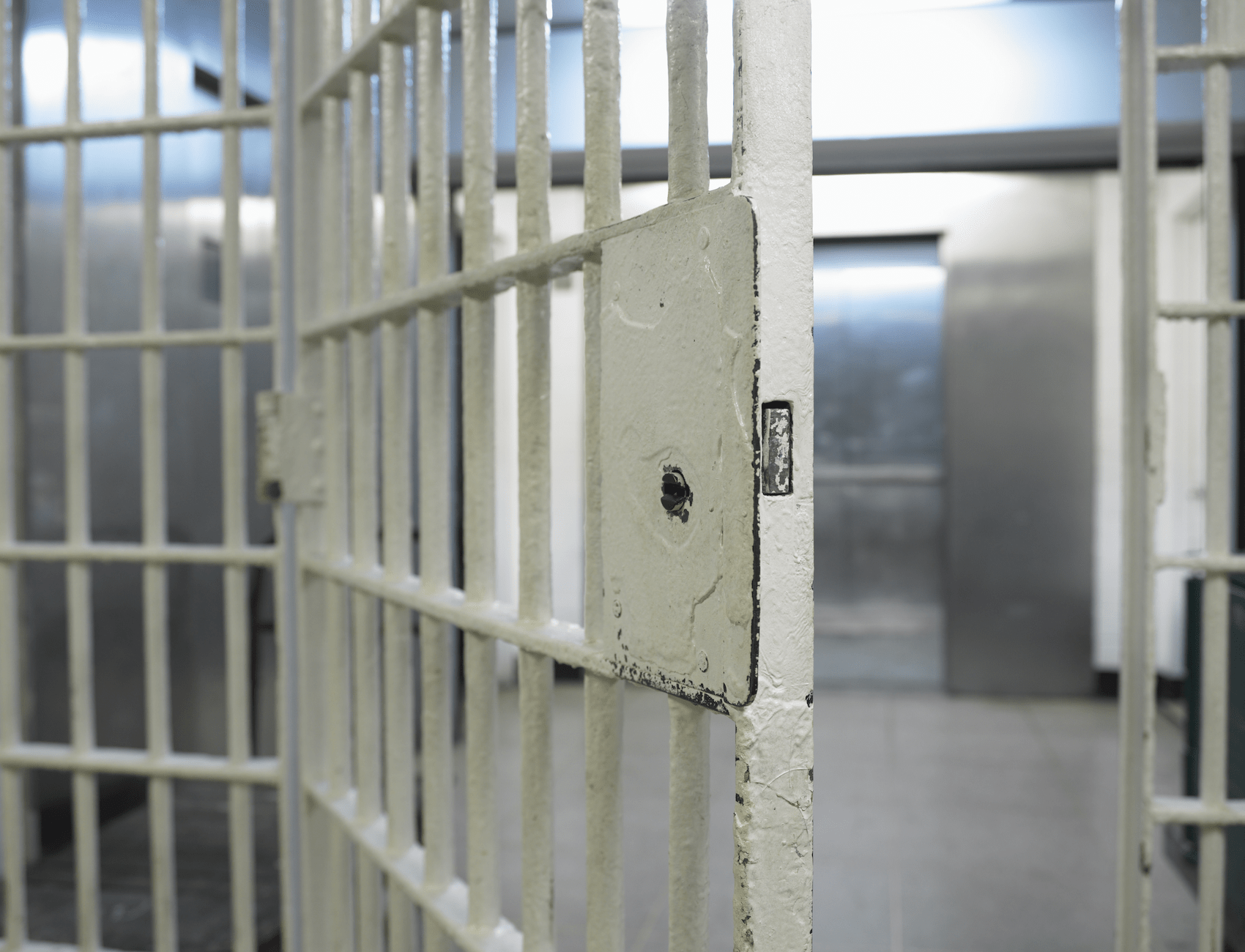To Prevent Coronavirus Spread, New Jersey Authorizes Major Jail Release
Up to 1,000 people will have their sentences delayed or suspended.

New Jersey will begin to release up to 1,000 people from its jails on Tuesday, one of the most significant actions any state has taken so far to address the risk that the virus could spread rapidly in crowded jails.
State Supreme Court Chief Justice Stuart Rabner signed an order late Sunday allowing for the delay or suspension of county jail sentences for probation violations and municipal court convictions. The order is the result of negotiations among the state attorney general, the County Prosecutors Association of New Jersey, the Office of the Public Defender, and the American Civil Liberties Union of New Jersey.
“[T]he reduction of county jail populations, under appropriate conditions, is in the public interest to mitigate risks imposed by COVID-19,” Rabner wrote in his order.
The order will apply to up to 1,000 people, according to the ACLU-NJ. Prosecutors can challenge the release of specific individuals if they claim their release will pose a risk to public safety.
After the period of emergency ends, judges will determine whether any sentences should be commuted or whether people should serve their time.
“Unprecedented times call for rethinking the normal way of doing things, and in this case, it means releasing people who pose little risk to their communities for the sake of public health and the dignity of people who are incarcerated,” ACLU-NJ Executive Director Amol Sinha said in a statement. “This is truly a landmark agreement, and one that should be held up for all states dealing with the current public health crisis.”
No other state has said it will release wide swaths of its jail populations, despite growing concerns about the vulnerability of incarcerated people to the virus. Incarcerated people often live in close quarters and do not have access to soap and hand sanitizer, which the CDC recommends for combatting the virus. Additionally, county jail populations are transient, meaning people frequently enter the jail from the outside and could bring the virus with them.
As of Monday, the New York Department of Corrections said that there are 39 detained people and 21 staff members who have tested positive for COVID-19 at New York City’s Rikers Island jail. Employees of state and federal prisons and jails in Indiana, Pennsylvania, Michigan, New York, California, New Hampshire, Georgia, New Jersey, and Alabama have also contracted the virus.
